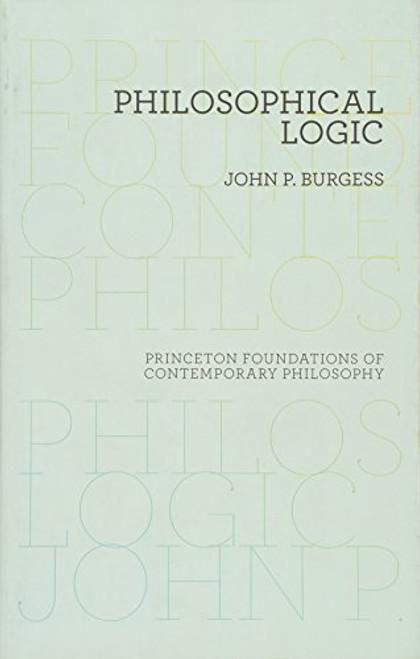Product Overview
Complete and unabridged, this edition of Georg Wilhelm Friedrich Hegel's 1821 classic offers a comprehensive view of the philosopher's influential system. In the Philosophy of Right, Hegel applies his most important concept the dialectics to law, rights, morality, the family, economics, and the state. The last of Hegel's works to be published in his lifetime, this volume combines moral and political philosophy to form a sociologic view dominated by the idea of the state. Hegel defines universal right as the synthesis between the thesis of an individual acting in accordance with the law and the occasional conflict of an antithetical desire to follow private convictions. The state, he declares, must permit individuals to satisfy both demands, thereby realizing social harmony and prosperity--the perfect synthesis. Further, Hegel renounces his formerly favorable assessment of the French Revolution and rejects the republican form of government, suggesting instead an idealized form of a constitutional monarchy, in which ultimate power rests with the sovereign.








